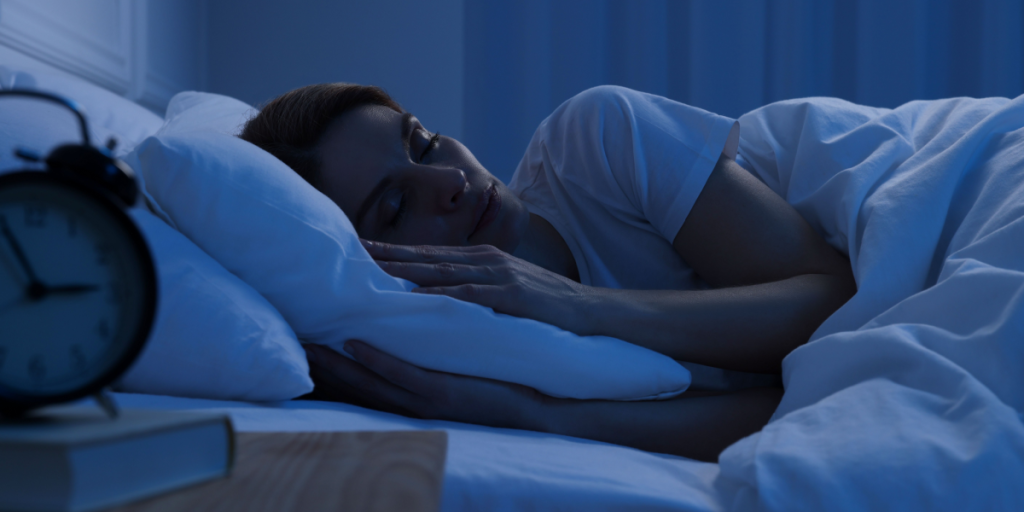There’s No One-Size-Fits-All Sleep Rule, Study Finds
Others are reading now
Most of us have heard it many times. If you don’t get enough sleep, your health will suffer.
Doctors, books, and studies keep saying the same thing. But how much sleep is actually “enough”?
Sleep Is Cultural
A new study suggests that the answer depends more on where you live than anything else, according to Videnskab.
There may not be one perfect amount of sleep for everyone. In some countries, people sleep less and feel fine. In others, they sleep more and believe that’s the right thing to do.
Researchers wanted to know if people in countries where sleep is shorter are less healthy.
Also read
They looked at sleep and health data from over 5,000 people across 20 different countries.
They compared average sleep times to national health numbers like rates of obesity, heart disease, diabetes, and life expectancy.
They found no clear link between sleeping less and worse health. In fact, people were often just as healthy in countries where sleep times were shorter.
The Myth of Eight Hours
Steven Heine, a professor involved in the study, said the usual advice about eight hours might not fit everyone.
He believes sleep recommendations should match cultural habits. The research shows that there isn’t one sleep schedule that works for all.
Also read
In East Asia, people sleep the least. Japan has the lowest average sleep time at 6 hours and 18 minutes.
Countries in Western Europe and Oceania sleep the most. In France, the average is nearly 8 hours.
The study also found that people who slept about as long as their culture considers “ideal” had better health overall.
That means matching your sleep to what’s normal in your country might matter more than the number of hours itself.
Most people slept about one hour less than their cultural ideal. Sleeping too much or too little was still linked to some health issues.
Also read
One surprising finding was that people in countries with longer sleep had more obesity. This challenges the idea that more sleep always means better health.
Professor Kristine Beate Walhovd says we might need fewer rules about sleep.
She believes we should stop worrying so much and enjoy being awake. After all, that’s when life actually happens.


